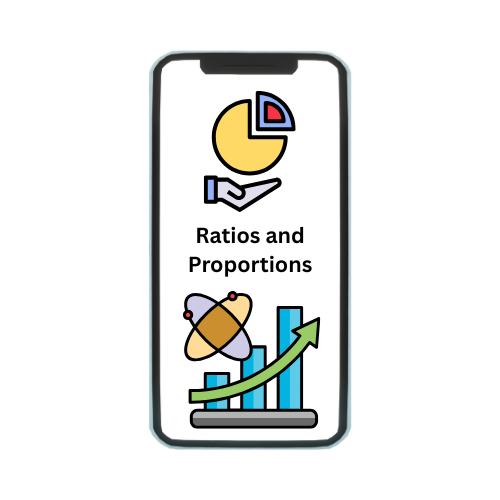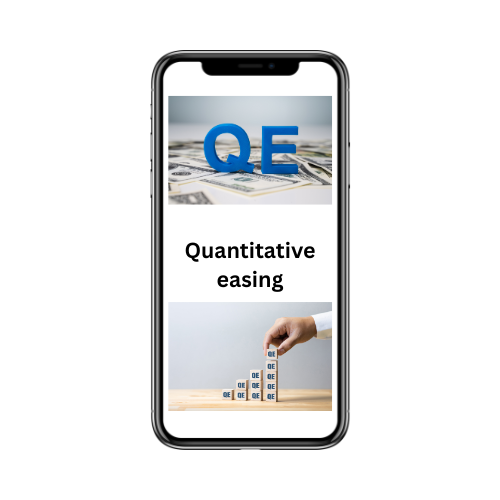Fixed Deposit v/s Saving Account Which Is A Better Option?
Bank FD and savings accounts are safe places to keep excess funds since they provide guaranteed returns. A Bank Fixed Deposit, on the other hand, offers higher interest rates and flexibility when it comes to growing your money.
What Is A Fixed Deposit?
Fixed deposits are term deposits that you keep with the bank for a specific or fixed period of time. You can invest any amount for as little as a few days to as long as ten years. During this period, you earn a guaranteed interest applicable for the tenure as the rate increases with an increase in tenure.
What Is Meant By A Savings Account?
Savings account serves as a key to a variety of banking transactions. You can use the numerous features of a savings account to receive your monthly pay or deposit revenues from your business, as well as withdraw funds for daily necessities. The quantity of money in your account earns a certain amount of interest.
The Better Option?
The answer to this question lies with regards to the amount of liquidity one would need on a regular basis. Putting one’s salary or income into a savings account appears to be the most convenient (in terms of liquidity) and risk-free alternative.
In most circumstances, the average return on a savings account is around 3.0-3.5 percent. A few smaller finance banks provide greater-than-average yields of around 5%, although they have a far higher minimum balance requirement.
There are accounts which even offer interest rates which are higher than even 6% for instance a saving account at IDFC would offer you a much higher return in comparison to a normal saving account. The average earnings on your savings accounts won’t even exceed the present inflation rate, let alone the climb in the future, with the inflation rate hovering around 5.60 percent.
While savings accounts provide convenience and rapid liquidity, the returns are insignificant. Fixed deposits (FDs) on the other hand provide slightly better returns but again one has to remember the amount of liquidity he would need.
Why Choosing Bank FD’S Maybe A Good Option?
1) Higher Returns
When compared to savings accounts, FDs offer a higher rate of return. Banks in India offer 5-year fixed-rate deposits with interest rates ranging from 5.75 percent to 8 percent every year.
Senior residents receive additional benefits, such as a rate of interest ranging from 7.50 percent to 9 percent per year. Various banks also run schemes to attract customers to invest their surplus funds into fixed deposits which can fetch you an additional return ranging from 0.25% to 0.5%.
2) Timely Interest Payouts
Fixed Deposits allow you to take advantage of the interest that has accrued on one’s investments on a regular basis.
Monthly, quarterly, semi-annual, and annual payouts are available with non-cumulative FDs, but cumulative FDs pay you the total interest earned over the term of the FD at maturity. Savings accounts do not have this feature and generally payout interests on a quarterly basis.
3) The Facility To Borrow Against FD
The term “emergency” refers to a situation that occurs without warning. One can quickly raise funds against fixed deposits at a cheaper cost with fixed deposits. One can either request a loan against their FD or an overdraft from their bank.
Banks will typically lend up to 90% of the amount of a fixed deposit. Though there is always an option of breaking the fixed deposit anytime but this situation will only arise when you would need some fund out of the total fund you had invested in the fixed deposit.
Suppose, you urgently require a fund of Rs. 2 Lacs and you have a fixed deposit running worth 10 lacs it would be advisable to avail the facility of a loan against FD instead of just breaking the entire fixed deposit.
4) FDs Enable You To Save More
No withdrawal limits and the ability to use funds at any time in savings accounts, may lead to excessive spending, defeating the ultimate purpose of maximising savings. A lock-in term is imposed on FDs to prevent early withdrawals from the invested amount.
You end up saving more since you refrained from withdrawing. Compounding benefits you because the money you put in stays in the bank for a long time, earning interest on interest and developing a corpus ultimately helps you save more.
If your end goal is to maximise your wealth, it makes sense to use the instruments that offers a better rate of return than a savings account. This is assuming the same level of return stability and lesser risk.
However, when compared to alternative investment options, FDs still offer lesser returns. Well when there are positive aspects about Fixed Deposits at the same time we have to note the negative aspects of Fixed Deposit also
- Limited access to funds – Once we deposit money in to Fixed Deposit it is not possible to withdraw amount unlike savings account. If Fixed Deposit is withdrawn it will lead to penalty.
- Low rate of return – Though FD’s returns are assured, the rates are modest compared to other market-linked investments like mutual funds.
- Penalty on premature withdrawal: As we said earlier, If you need the money before then, you may have to pay a fee, and the amount you receive may be less than what you initially deposited.
As a result, before choosing an investment option, investors should be clear about their investment goals and tactics. Looking for help in setting your investment goals get In touch with us.






